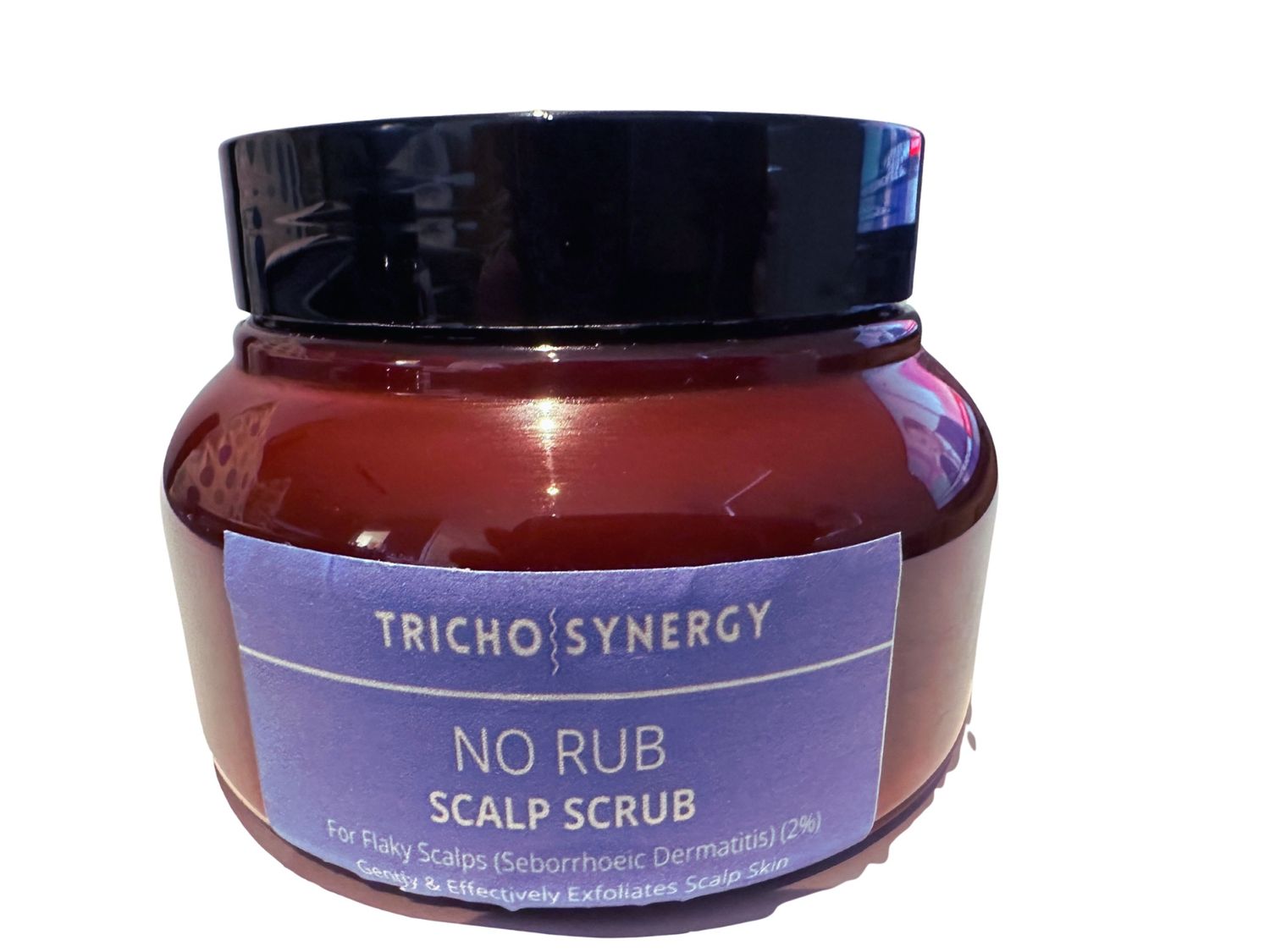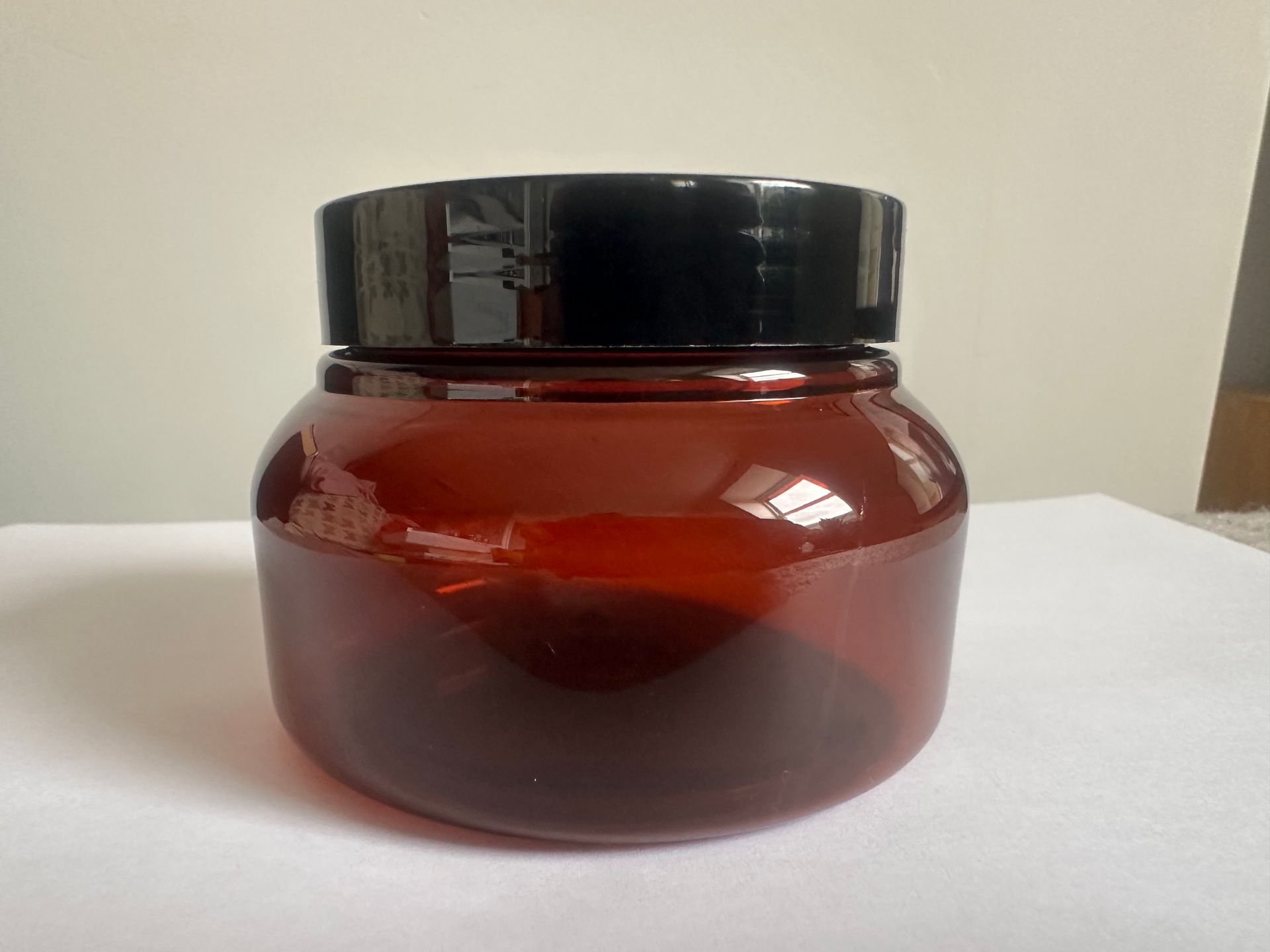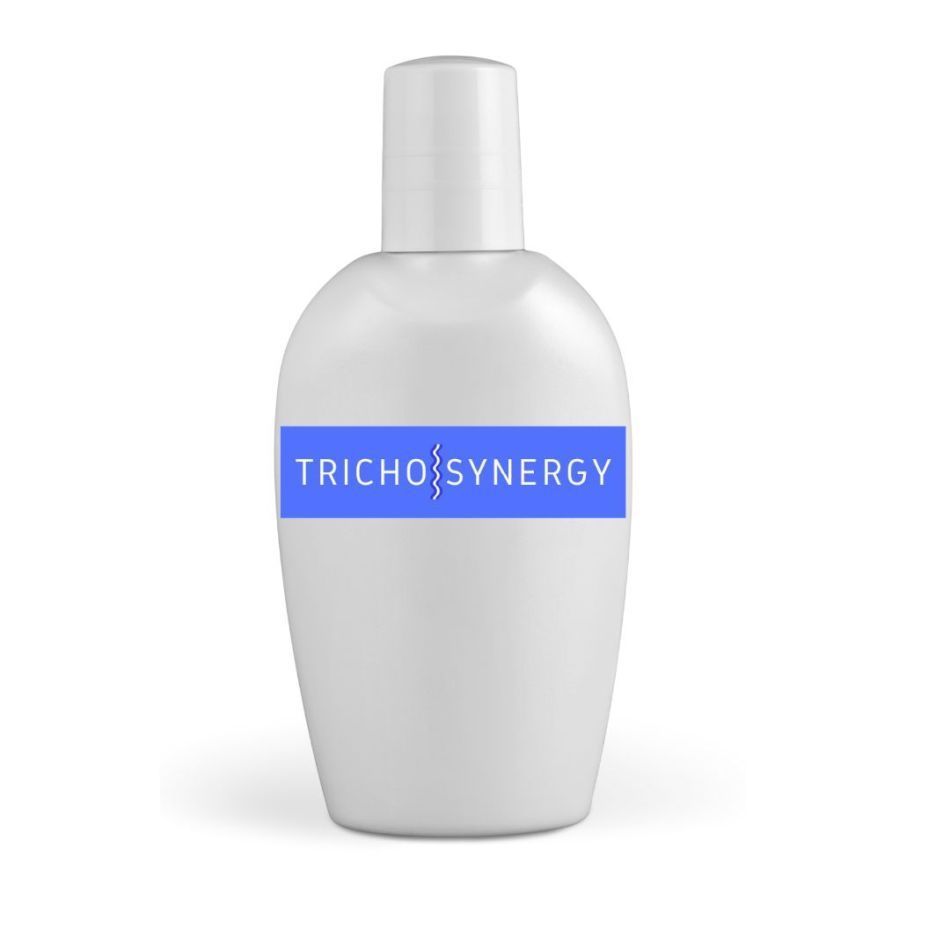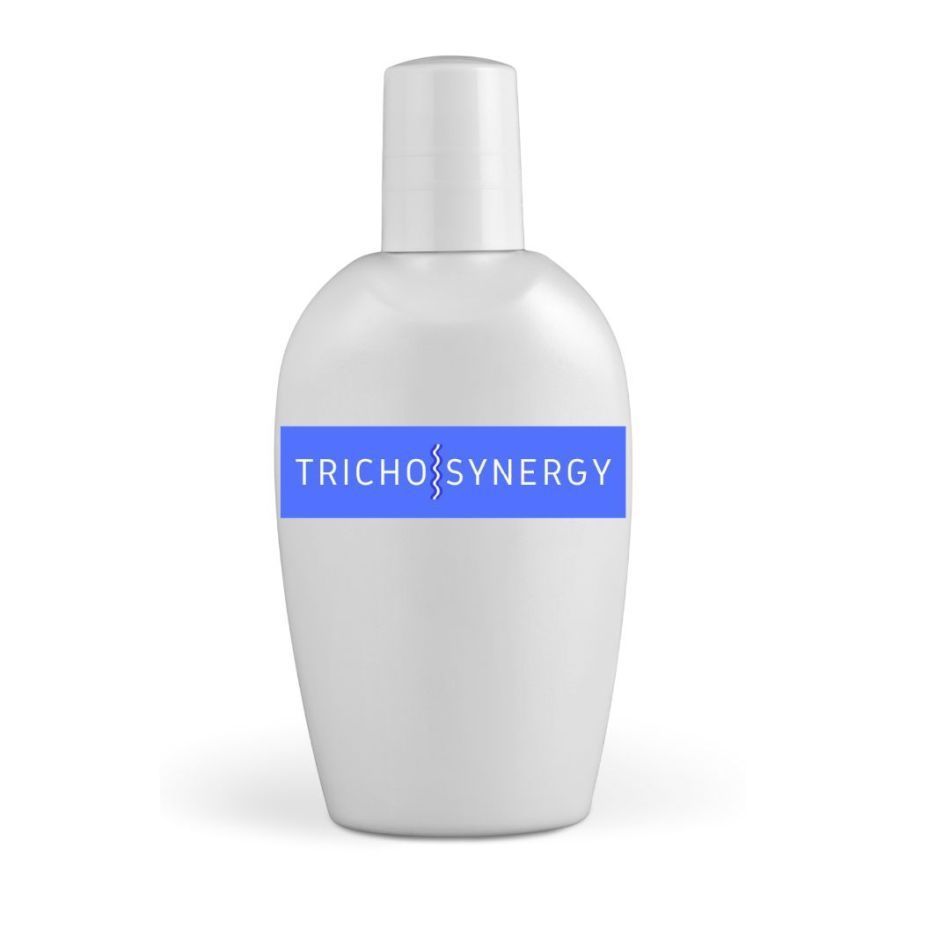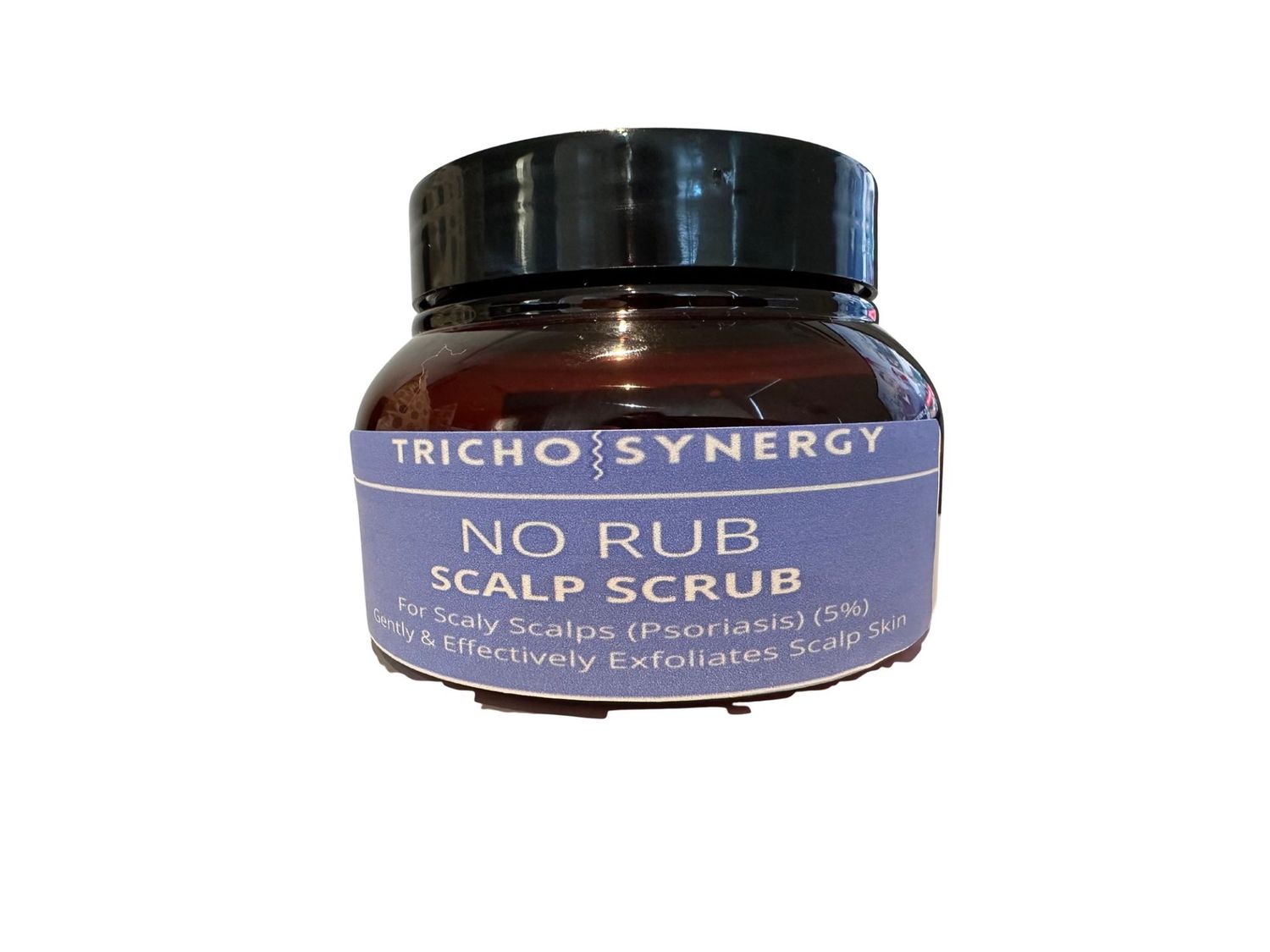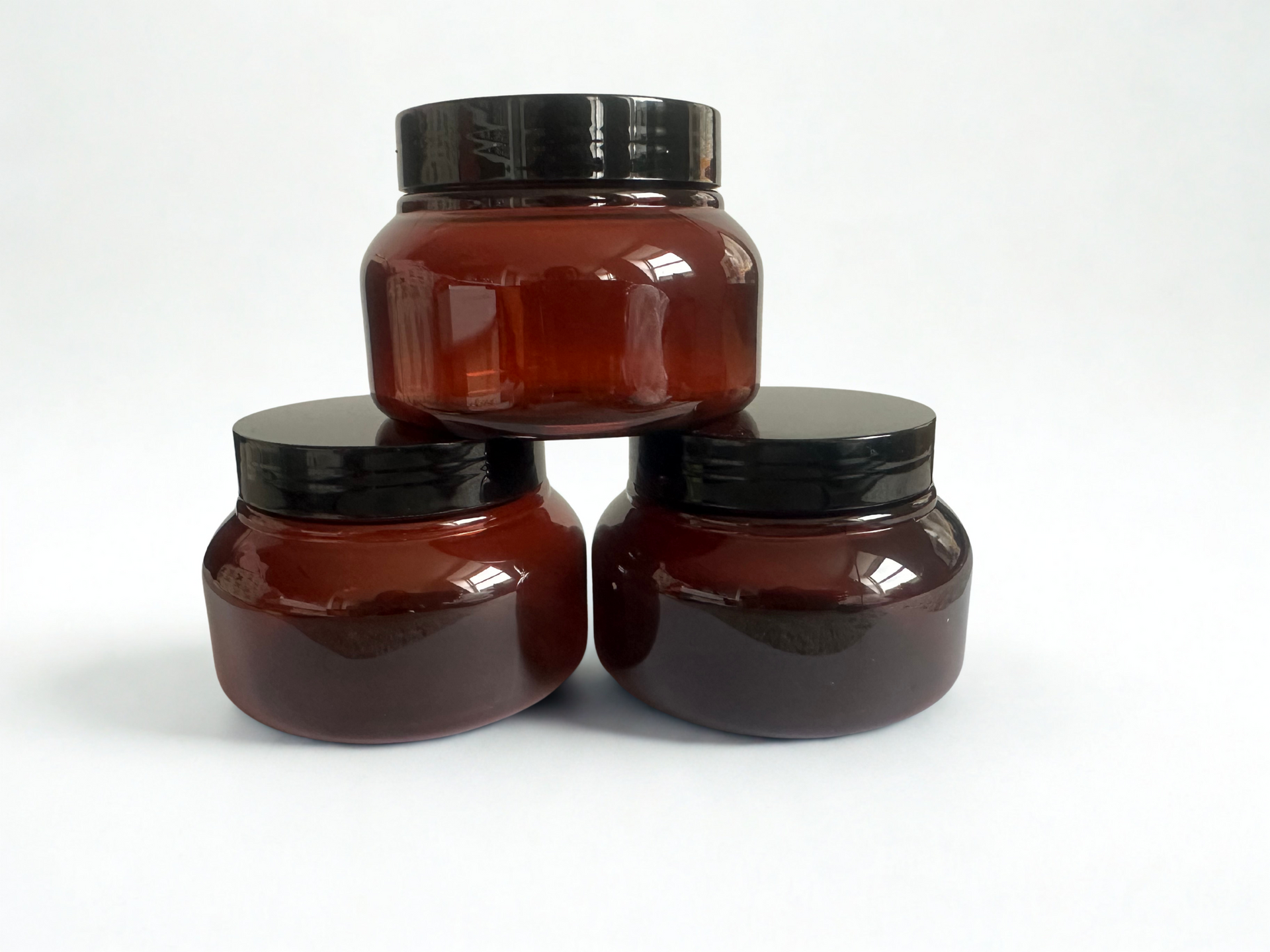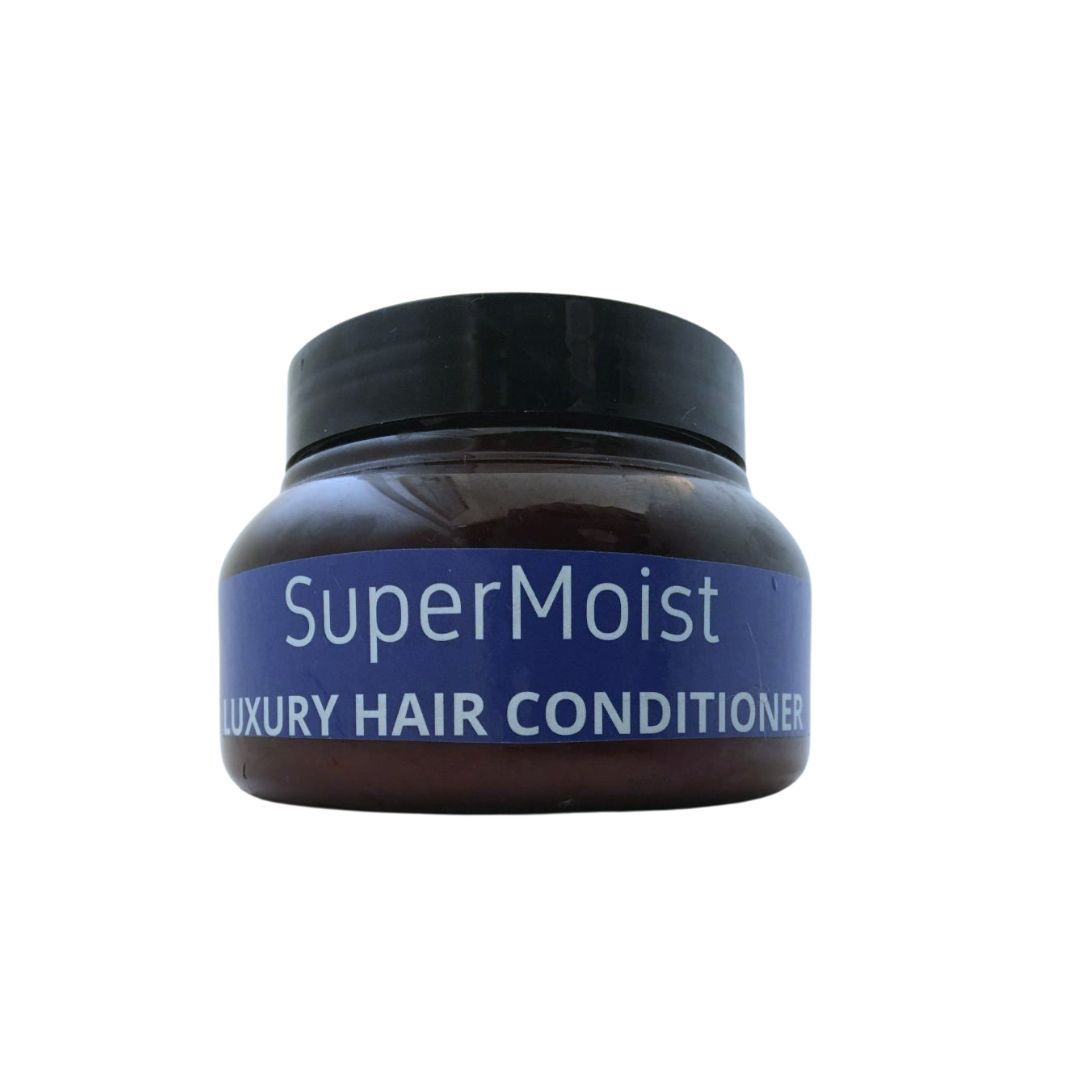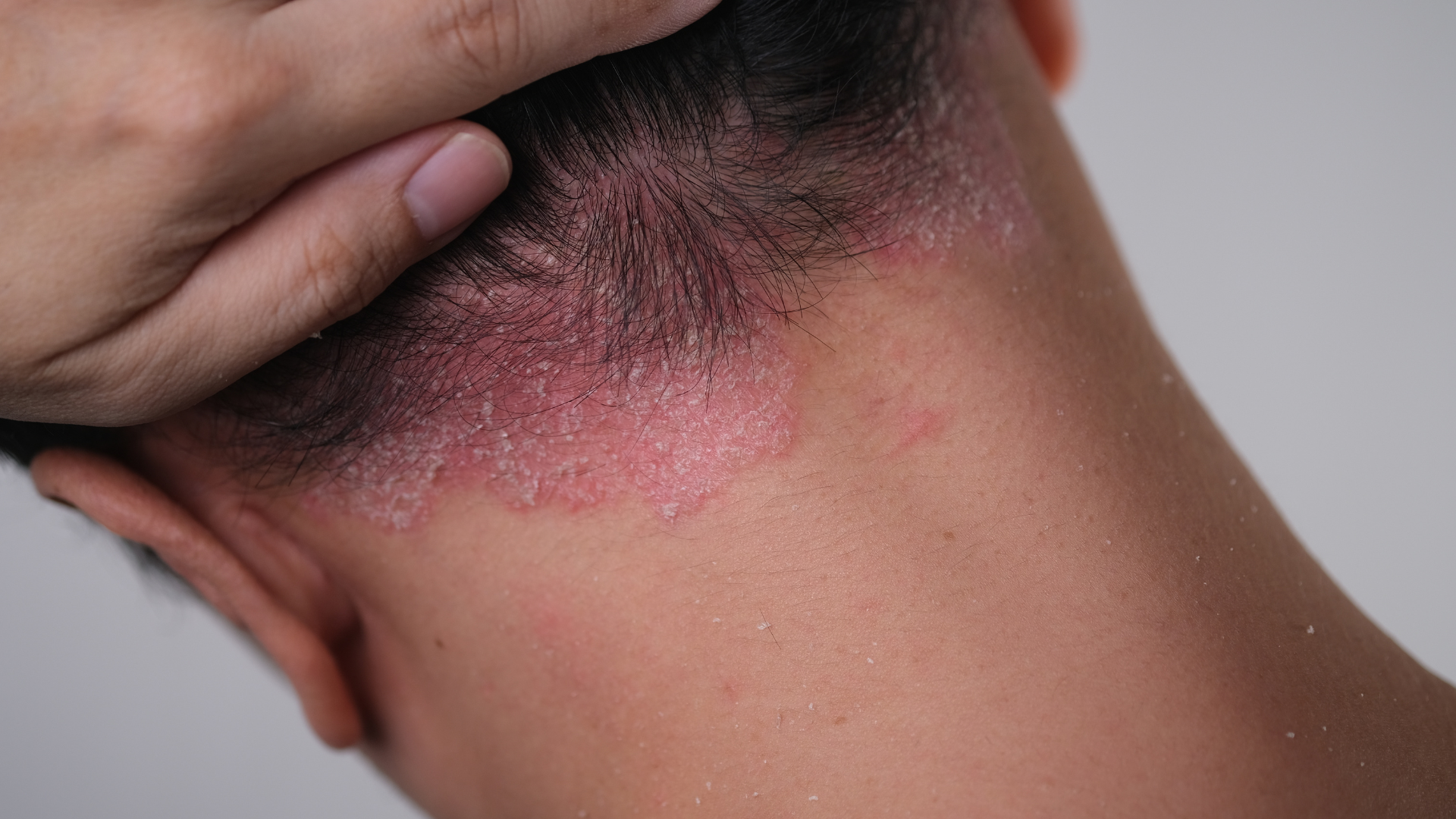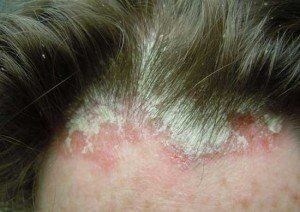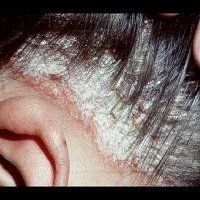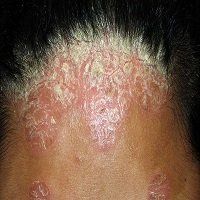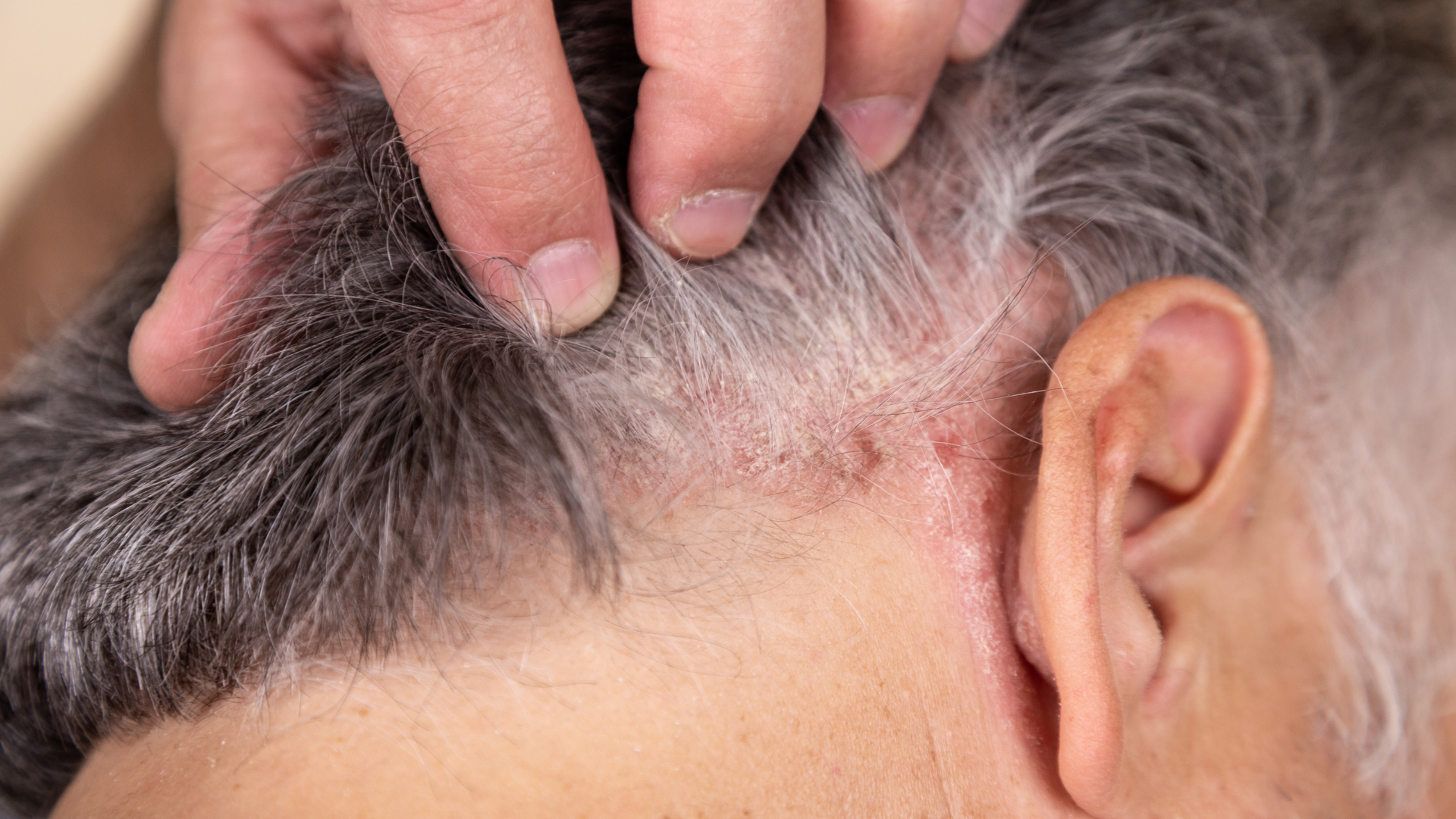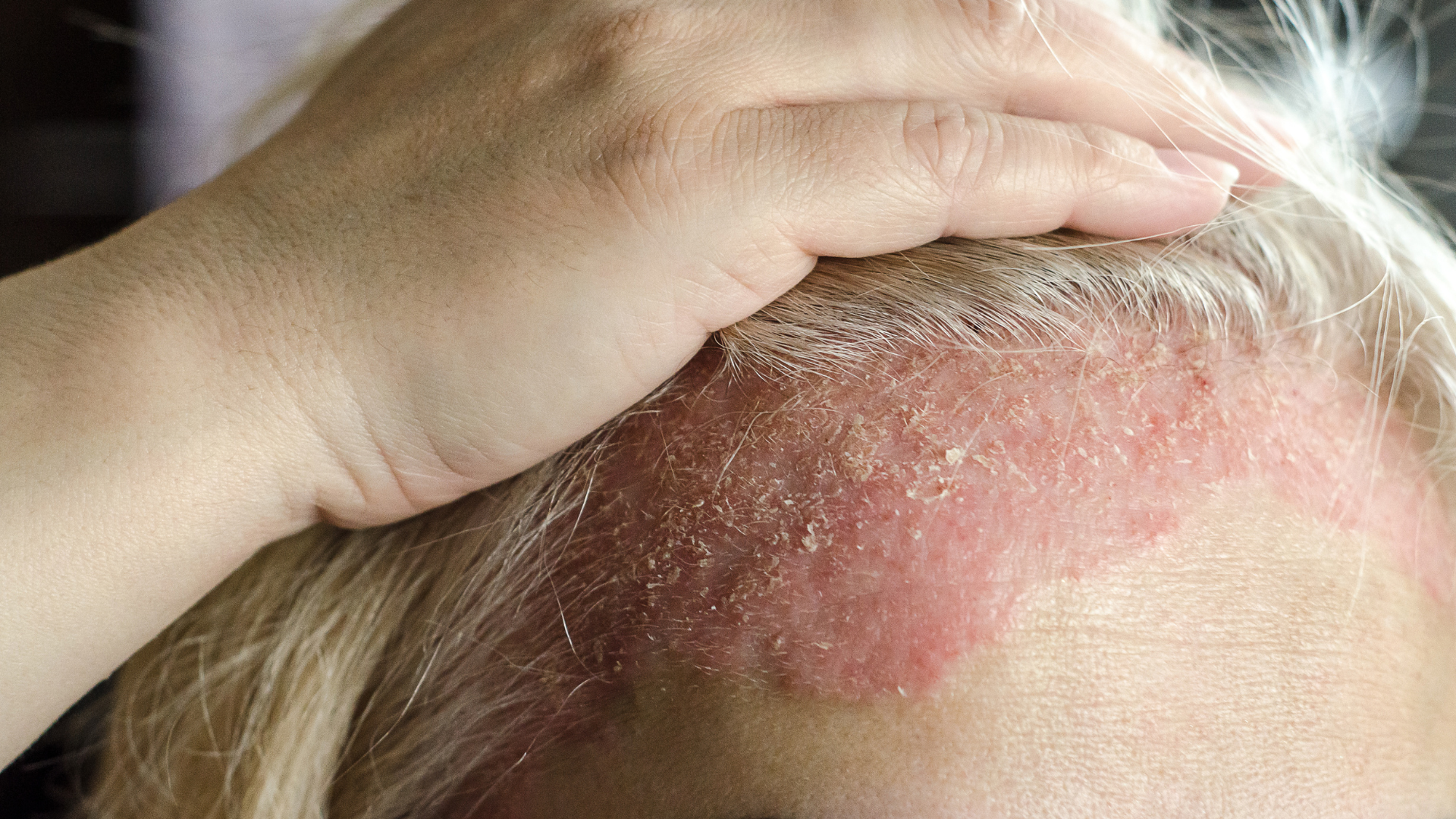Understanding Scalp Psoriasis: A Supportive Chat with Your AI Trichologist
Hello there! I'm your AI Trichologist, and I'm here to chat about Scalp Psoriasis. I know skin conditions, especially on your scalp, can be frustrating and sometimes embarrassing, but please remember you're not alone, and there are ways I can help. Let's go through some of the common questions I'm asked, and remember, I'm here to support you wherever I can.
What exactly is Scalp Psoriasis?
Now that's a great question! Scalp Psoriasis is like your scalp throwing a bit of a tantrum. It's a condition where your skin cells on the scalp turnover faster than usual, causing red, itchy, and scaly patches. Think of it as your scalp getting a bit too enthusiastic about making new skin cells and forgetting to shed the old ones properly.
Scalp Psoriasis is a chronic skin autoimmune condition. So your immune system's white cells and proteins mistakenly attack your healthy skin cells, causing them to multiply quickly as they're trying to protect themselves. This makes new skin appear red and sore.
Common symptoms:
01
Red Patchy Skin
Unsightly, red patchy skin with silvery scales, firmly stuck to your scalp is a sign of psoriasis. Commonly found at the frontal hairline, and this causes distress since it's prominently visible.
02
Itchy Scalp
Scalp Psoriasis is often tight feeling and itchy making it very uncomfortable to live with. Scratching the scale can introduce bacteria which leads to secondary scalp infections.
03
Stress
Scalp psoriasis can be triggered by stress, illness, and bacterial infection. Some drugs can also trigger psoriasis.
The scalp psoriasis care solution offered by AI Trichologist gently removes the plaques and scale and helps to keep the scale at bay and under control with continual use. The scalp becomes less angry and calmness is restored over time.
04
Bleeding Points
If the raised crusty skin has been picked and pulled off, there is raw skin underneath which bleeds through. Small scabs form at these points, so when also they're constantly picked they re-bleed. In extreme cases temporary hair loss can be experienced in this cycle.
AI TRICHOLOGIST SAYS
At the first sign of any raised lumps, flakes or itching get your scalp checked. Scalp Psoriasis can lead to Hair Loss.
Any lumps or bumps should not to be scratched or picked. Do not apply oils to your scalp as this causes further inflammation and it will just make the situation worse.
The best thing to do is to complete the consultation form and check in with AI TRICHOLOGIST Scalp Expert to have look at your scalp images and save your scalp and hair as soon as possible
Is Scalp Psoriasis common?
You might be surprised to learn that it's quite common. About half of the people who have Scalp psoriasis experience it on their scalp. So if you're dealing with this, you're certainly not alone. It's like being part of a club that nobody really wants to join, but has millions of members worldwide.
What causes Scalp Psoriasis?
Ah, the million-dollar question! Scalp Psoriasis is caused by a combination of factors:
- Genetics (thanks, family tree!)
- An overactive immune system
- Environmental triggers
Scalp Psoriasis is the result of an auto immune response in the body. There are certain triggers that will cause individuals to have intermittent flare ups, such as certain food, stress or medication. Scalp Psoriasis tends to run in families.
It's like your immune system is a bit of an overachiever, causing skin cells to grow too fast and build up into those scaly patches.
Scalp Psoriasis tends to become worse in the cold, dark winter months.
How do I know if I have Scalp Psoriasis?
I get that it's not obvious sometimes. Here are some signs to look out for:
- Red, scaly patches on your scalp
- Dry scalp that may crack or bleed
- Itching or burning sensation
- Temporary hair loss in severe cases (don't worry, it usually grows back!)
Sometimes it can be confused with dandruff or scalp dermatitis (Eczema), but Scalp Psoriasis patches are typically thicker and more inflamed.
Then you are suffering from Psoraisis.
Is Scalp Psoriasis contagious?
I'm so glad you asked this! It's a common concern. The short answer is no, Scalp Psoriasis is not contagious at all. You can't catch it from someone else, or pass it on to others. It's more like your skin's own personal issue, rather than something that spreads from person to person.
How is Scalp Psoriasis diagnosed?
Diagnosing Scalp Psoriasis usually involves:
- A thorough examination of your scalp with the magnifying Trichoscope
- A review of your medical history and any family history of psoriasis
- Sometimes, a small skin biopsy can be done, if the diagnosis isn't clear
It's like being a scalp detective, piecing together clues, to solve the mystery of your scalp condition.
What treatments are available for Scalp Psoriasis?
Now onto the fun part. I have several tools in my treatment toolbox:
- Mild medicated cleansing shampoos formulated with properties to gently remove plaque
- Vitamin D analogues such as Tacalcitol or Calcitrol to assist with regulating the production of skin cell growth
- Systemic medications for severe cases
- In clinic Light therapies
- Mild OTC topical corticosteroids to reduce inflammation
Remember, treatment success can vary, and it might take some trial and error to find what works best for you. It's a bit like finding the perfect recipe, sometimes you need to tweak the ingredients.
Can diet affect Scalp Psoriasis?
While there's no specific "scalp psoriasis diet," some people find that certain foods affect their symptoms. Some tips to consider:
- Eat a balanced diet rich in fruits, vegetables, and omega-3 fatty acids
- Cut out white wine, shellfish, chocolate, spicy food and tobacco; these all cause inflammation
- Drink at least 2 1/2 litre of pure water daily; your skin loves water and your body will thank you for it!
- Eat anti-inflammatory foods like berries, fatty fish, and olive oil
Think of it as putting your body in the right environment to fight inflammation from the inside out!
How can I manage Scalp Psoriasis day-to-day?
Let's keep this simple. Here are some daily management tips:
- Be gentle when washing and styling your hair
- Use lukewarm water instead of hot water on your scalp
- Moisturise your scalp regularly with Aqueous Cream (never oils)
- Reduce stress through relaxation techniques (Meditation - Try TM) and homeopathic remedies - (Crystal Herbs)
- Try your best to avoid scratching, even when it's itchy (I know it's tough!) (try my anti itch spray)
Will Scalp Psoriasis affect my hair?
I understand this is a big concern for many people. The good news is that Scalp Psoriasis itself doesn't cause permanent hair loss. However, excessive scratching or harsh treatments can lead to temporary hair loss. The hair usually grows back once the psoriasis clears.
How can I cope with the emotional impact of Scalp Psoriasis?
This is such an important question. Scalp Psoriasis can be emotionally challenging, and your feelings are completely valid. Here are some coping strategies:
- Join support groups or online communities (www.psoriasis-association.org.uk)
- Talk to friends, family, or a therapist about your feelings
- Practice stress-reduction techniques like meditation or yoga (tm.org.uk)
- Focus on overall health and well-being - stay positive
- Remember that you are so much more than your skin condition. Many people with Scalp Psoriasis lead happy, successful lives. It's a tiny part of you, so don't let it define you!
When should I see a doctor about my Scalp Psoriasis?
It's great that you're being proactive about your scalp health!
Consider seeing a doctor if:
- Over-the-counter (OTC) treatments aren't helping
- Your symptoms are severe or worsening
- You're experiencing significant discomfort or distress
- You notice any signs of infection (increased redness, warmth, or pus)
- Your Scalp Psoriasis is affecting your daily life or self-esteem
Remember, you don't have to manage this alone. I'm here to help.
Treating your Scalp Psoriasis
I've said that Scalp Psoriasis is a common condition that many people experience, and while it can be challenging, there are ways to manage it effectively. Your scalp might be flaring up, but try to focus on the positives and not allow this condition to control your life. If you have any more questions, don't hesitate to ask. Drop me an email or complete the free consultation form.
Not sure which scalp condition you are suffering from? Fill out the Consultation Form and have a professional trichologist review it.
Take A FREE Online Hair Loss Consultation
